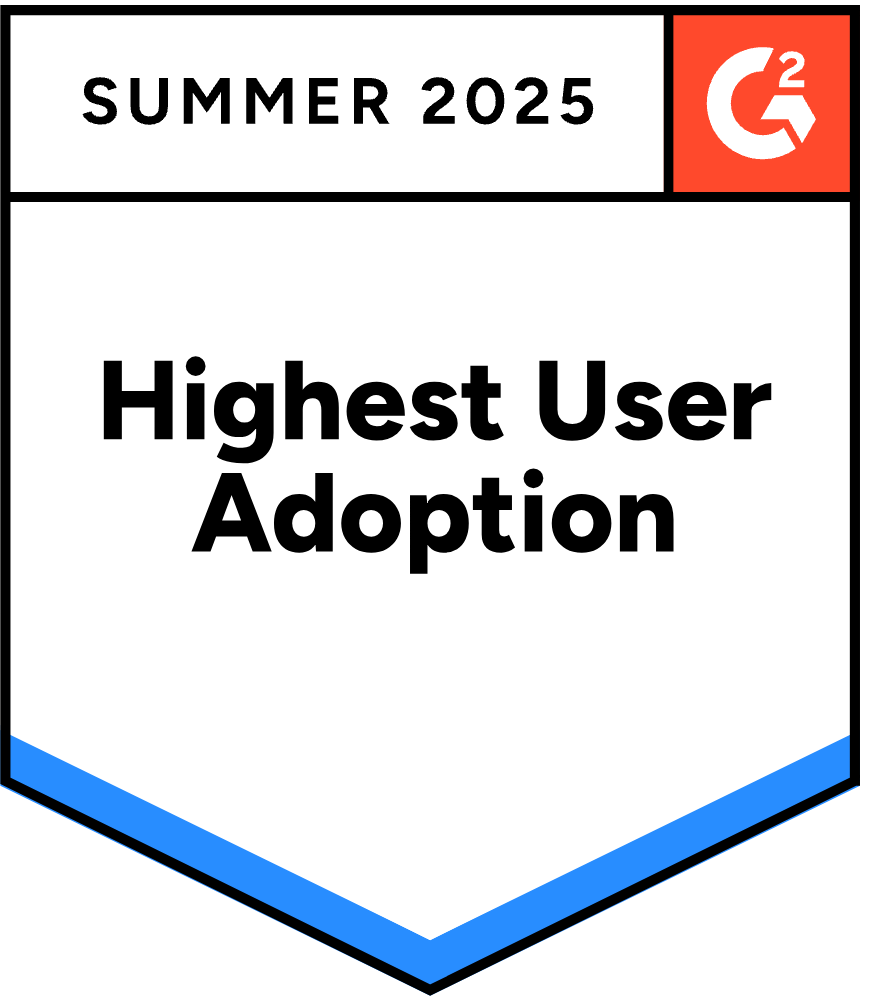
What is Agile Project Management?
Feeling Overwhelmed by Project Chaos? Agile is Your Recipe for Success (Click to learn more).
Agile Project Management Core Values
- Individuals and Interactions Over Processes and Tools: Emphasises effective communication and collaboration among team members.
- Working Software Over Comprehensive Documentation: Focuses on delivering functional software that meets customer needs.
- Customer Collaboration Over Contract Negotiation: Encourages ongoing collaboration with customers throughout the project lifecycle.
- Responding to Change Over Following a Plan: Adapts to changing requirements and priorities.
Key Principles of Agile Project Management
- Customer Satisfaction: Achieved through early and continuous delivery of valuable software.
- Welcome Change: Even late in development, agile processes harness change for the customer’s competitive advantage.
- Frequent Delivery: Deliver working software frequently, with a preference for shorter timescales.
- Collaboration: Business people and developers work together daily throughout the project.
- Motivated Teams: Projects are built around motivated individuals who are trusted to get the job done.
- Face-to-Face Communication: The most effective way to convey information.
- Working Software: The primary measure of progress.
- Sustainable Development: Agile processes promote sustainable development.
- Technical Excellence: Continuous attention to technical excellence and good design enhances agility.
- Simplicity: Maximizing the amount of work not done is essential.
- Self-Organizing Teams: The best architectures and designs emerge from self-organizing teams.
- Reflect and Adjust: Teams regularly reflect on how to become more effective and adjust accordingly.
Agile Project Management Methodologies
- Scrum: Framework involving sprints and regular reviews.
- Kanban: Visual workflow management focusing on limiting work in progress.
- Lean: Aims to eliminate waste and improve efficiency.
- Extreme Programming (XP): Emphasises collaboration, communication, and high-quality software development practices.
Benefits of Agile Project Management
- Flexibility to adapt to changing requirements.
- Improved collaboration and communication.
- Early and frequent feedback from stakeholders.
- Increased customer satisfaction and higher-quality deliverables.
- Enhanced productivity through focused iterations.
Agile Project Management Best Practices
- Embrace change and prioritise collaboration.
- Break down work into manageable chunks.
- Continuously seek improvement.
- Empower teams and foster a learning culture.

About the Author
Korak Kuhnert
Korak Kuhnert is the co-founder and CTO of Magnetic. With over 15 years in software development - from banking systems to agency tools - he designed and built the platform from the ground up.
See a Simpler way to Run Agile Projects with Clarity and Momentum

Related terms




